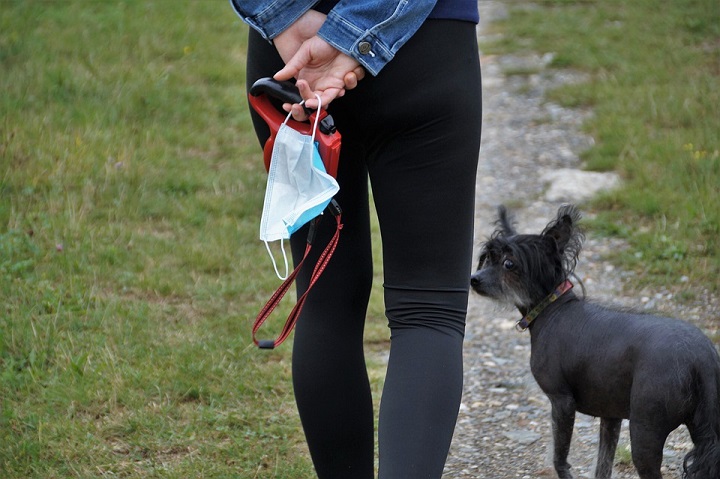A study by the University of Bari and the State University of Milan hypothesizes that dogs and cats cannot transmit the Coronavirus but can be “infected” by their owners
Domestic dogs and cats do not transmit the Coronavirus but can be infected by their owners. This is the conclusion reached by researchers from the University of Milan and the University of Bari. In a joint study entitled CovidinPet – published in the scientific journal Nature communications – the researchers of the two Italian universities have analyzed the transmission of Covid-19 between humans and pets. Through a series of tests and research in the laboratory, it was ruled out the (much-feared) species jump from dogs and cats to humans. This means that dogs and cats cannot transmit the Coronavirus to their owners. However, the opposite is not excluded. In fact, it would seem that four-legged friends can be infected by humans who are positive for the virus. As part of the study, 494 molecular swabs and 425 serological tests were performed on 919 dogs and cats from different regions of Italy, especially Lombardy. All swabs processed were negative, including those taken from dogs or cats with respiratory symptoms or living with owners who were positive for Coronavirus. In contrast, 3.3% of dogs and 5.8% of cats tested positive for serology. The percentage of seropositive animals rises to 12.8% if we consider animals belonging to owners with established cases of Covid-19.
Read also → In America they are testing Augmented Reality for dogs
CovidinPet: the first study on Coronavirus in pets
CovidinPet is the first academic project specifically dedicated to the analysis of Coronavirus transmission between humans and pets. It involved researchers from the Department of Veterinary Medicine of UniMi and the University of Bari, as well as the Department of Food Safety, Nutrition and Veterinary Public Health of the Istituto Superiore di Sanità. Some international collaborators coordinated by the University of Liverpool and some Italian veterinary laboratories also collaborated. Commenting on the results of the study, the researchers explained that “some of the animals included in the study came into contact with the virus and consequently produced antibodies. But the negativity of their swabs, even in animals of sick owners, suggests that the residence time of the virus in their tissues, although sufficient to induce an antibody response, is very short and not associated with the development of disease in animals. Although it is not possible to exclude that, by sampling in the first days of the owner’s illness, pets may also test positive in molecular tests, the results of the study suggest that the epidemiological role of pets in human Sars-CoV-2 infection is very limited. On the contrary, it seems that positive owners can transmit the virus to their dogs and cats, with whom close contacts should be avoided during the period of positivity of the owner”.
You might also be interested in → Can dogs recognize Coronavirus? The test starts in London
